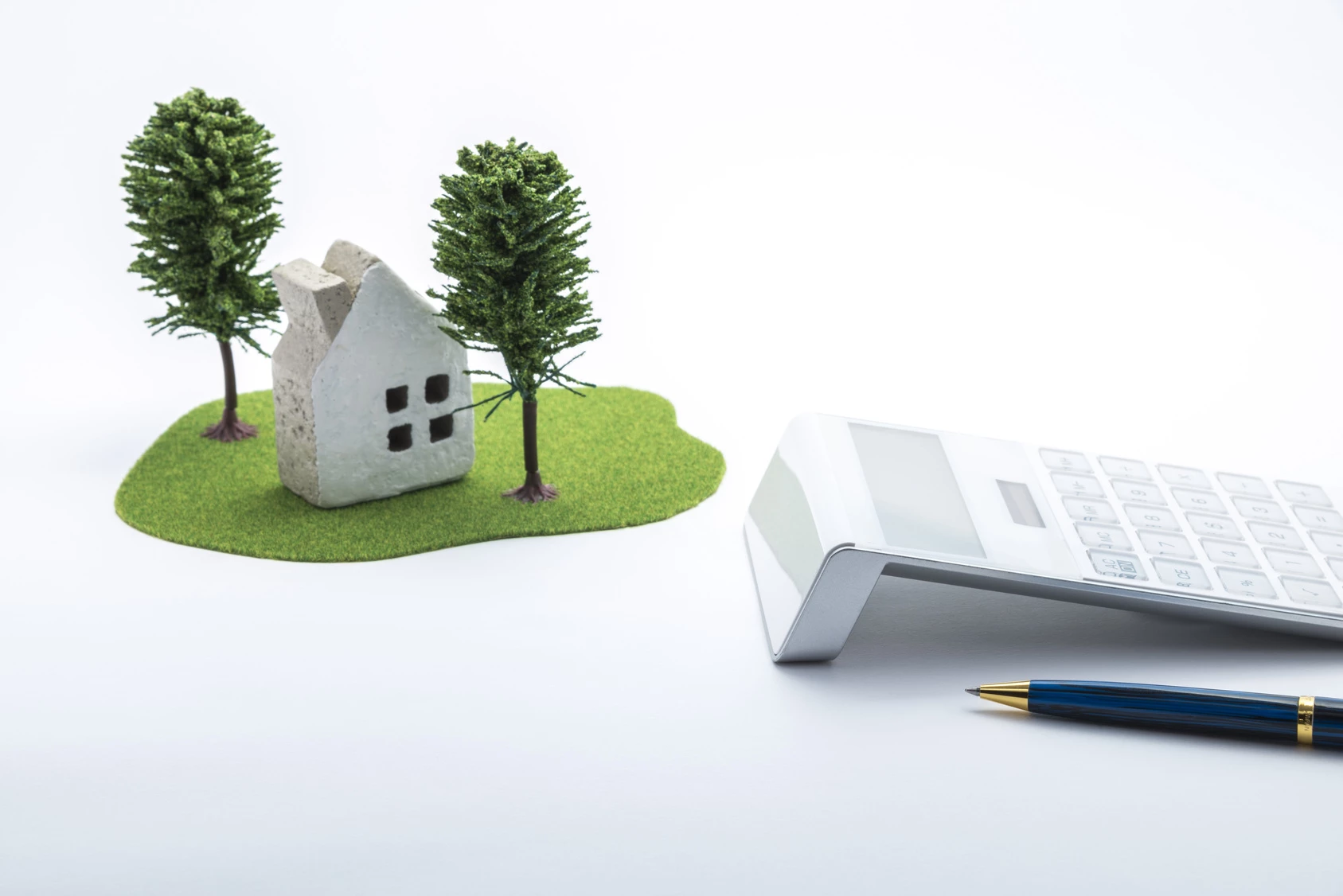
Many people believe they don't need a will. But if you think you're 'already covered' without writing up a specific will for your estate, you may miss out on some key benefits. Here are some myths about writing a will that many people incorrectly believe.
Your Estate is Too Small
Some believe that if their estate won't be subject to estate taxes (as of 2014, the total gift tax exclusion is up to $5,340,000), there is no need for a will. However, a will's purpose is not to save on estate taxes, but to provide for the distribution of your assets, name guardians for minor children, and select an executor for your estate.
All Your Property is Jointly Owned
When one owner dies, jointly owned property passes directly to the joint owner, regardless of provisions in a will. Also, the unlimited marital deduction allows you to leave any amount of your estate to your spouse without paying estate taxes. Thus, many married couples use joint property ownership as their sole estate planning technique. However, if your joint taxable estate exceeds the estate tax exclusion amount, which is over 5 million dollars, your estate may save on estate taxes by distributing some assets to other heirs.
A Living Trust Will Distribute Your Assets
Only assets actually conveyed to the living trust are controlled by the trust document. Typically a pour over will is also needed, which places any asset not held by the trust at your death in the trust.
You Expect Your Estate to Grow Significantly in the Future
Some feel it is premature to plan their estate while it is being built. However, a will can be changed. In fact, you should periodically review your entire estate plan to see if changes in your personal situation, preferences, or tax laws require changes to your plan.
Get registered and learn more